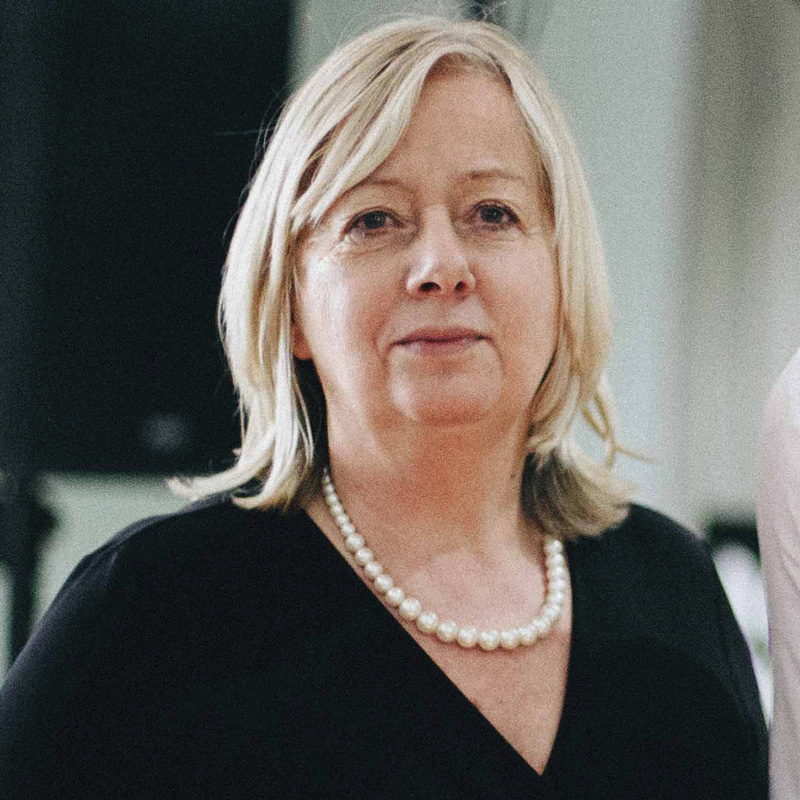
Championing Social Care is partnering with the Hallmark Foundation as they deliver the national Care Careers Conference, Who Cares Wins. Ahead of the conference on 19th November, the Kings Fund has published research showing how young workers could be the key to boosting the social care workforce.
Younger workers could be key to boosting social care workforce given better support
Young people have the skills and talent needed to work in social care settings but need more support from providers to stay in the sector, shows research published today from The King’s Fund.
The adult social care sector is desperately short of staff and this is affecting the care and support people need. There are over 130,000 vacancies across the sector and turnover is high – in 2023/24 24% of people working in care roles left their jobs*.
Despite being able to get jobs in social care, young people are particularly underrepresented in the workforce. 18–24-year-olds make-up only 8% of the adult social care workforce compared to 13% of the retail workforce and 50% of all waiters and waitresses. Additionally, more than half of workers under 20 leave social care within the first year highlighting that younger people are more likely to leave the workforce than their older counterparts.
The findings explore why there are so few young people in social care and why they often don’t stay in the sector. Through a series of interviews with current and recent care workers, young people told researchers that care work could be tough yet was highly rewarding. But while some young people were able to thrive in their care settings, others left jobs quickly or were planning to leave the sector.
Young people cited that a key reason they leave the sector was due to the workplace culture – some cited unfavourable treatment or bullying due to their age.
On the work environment a care home and retirement village worker, age 23, said: ‘It wasn’t the dementia residents or anything like that, it was more the staff. They were so nasty. They’d make me feel like I was really stupid when I suggested things and stuff like that. I wasn’t really being listened to… It was quite cliquey with the people that were there…’
Explaining the lack of support, one home-based care worker, aged 19, said: ‘…The two weeks shadowing was less than effective because I think they were short staffed and… I think it often feels like the person is getting in the way more than learning.’
Others said that although the role bought them joy and fulfilment, the physical and emotional demands of the role meant they couldn’t see it as a long-term career option and would seek role with a better work-life balance or where they felt more valued. One 23-year-old said: ‘ I just can’t imagine being 50 doing this job. As much as I love doing it now, it’s too much to do forever… I’m trying to think, okay, what can I have lined up for when I’m ready to leave…
The report’s recommendations include actions for government and employers and other organisations across the social care sector. For employers this includes steps such as improving organisational culture and tackling bullying and discrimination as well as ensuring valuable work experience opportunities and providing better onboarding and induction processes with practical and emotional support from leaders.
‘I can’t see myself doing this forever’: younger people’s experiences of working in adult social care will be published on The King’s Fund website on Tuesday 12 November and is under embargo until then. that post-embargo if they cover the story. It will be published here: https://www.kingsfund.org.uk/insight-and-analysis/long-reads/younger-people-experiences-adult-social-care
This latest piece of work is part of a wider project on young people and social care and previous research can be found here: Young people in the adult social care workforce | The King’s Fund
























































































































